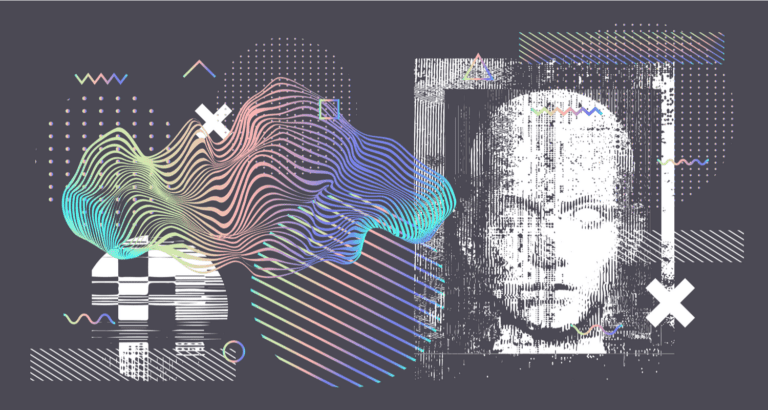Individuals and businesses harmed by drones, robots and other artificial intelligence (AI)-based goods or services may gain an easier way of suing for damages under EU draft laws seen and reported by Reuters.
The European Commission will announce the AI Liability Directive today (28 September), addressing the emergence and spread of AI-based products and services and the patchwork of state legislation throughout the European Union.
AI Liability Directive
Victims can claim compensation if they experience harm to their life, property, health, or privacy as a result of errors made by an AI supplier, developer or user. Victims can also claim compensation if they were discriminated against in a recruiting process utilizing AI, according to the proposed guidelines.
The guidelines attempt to reduce the burden of evidence on victims by instituting a “presumption of causality”. The measure means that victims only need to demonstrate that a company’s or user’s failure to adhere to specific criteria caused the injury and, after that, link this to the AI technology in their case.
Victims can petition a court to require firms and suppliers to reveal information regarding high-risk AI systems. Hence, they can determine the responsible party and argue what went wrong.
Pending approval
On Wednesday, the European Commission will also revise the Product Liability Directive, which defines manufacturers’ liability for faulty items ranging from smart technologies to equipment and medicine. Users can sue for compensation if software upgrades make their smart-home equipment hazardous or if manufacturers fail to patch cybersecurity flaws.
Users who have purchased dangerous non-EU items can seek reimbursement from the manufacturer’s EU representative. Before the AI Liability Directive can become legislation, it must be approved by EU governments and legislators.
Tip: ‘European Council threatens the future of artificial intelligence’
